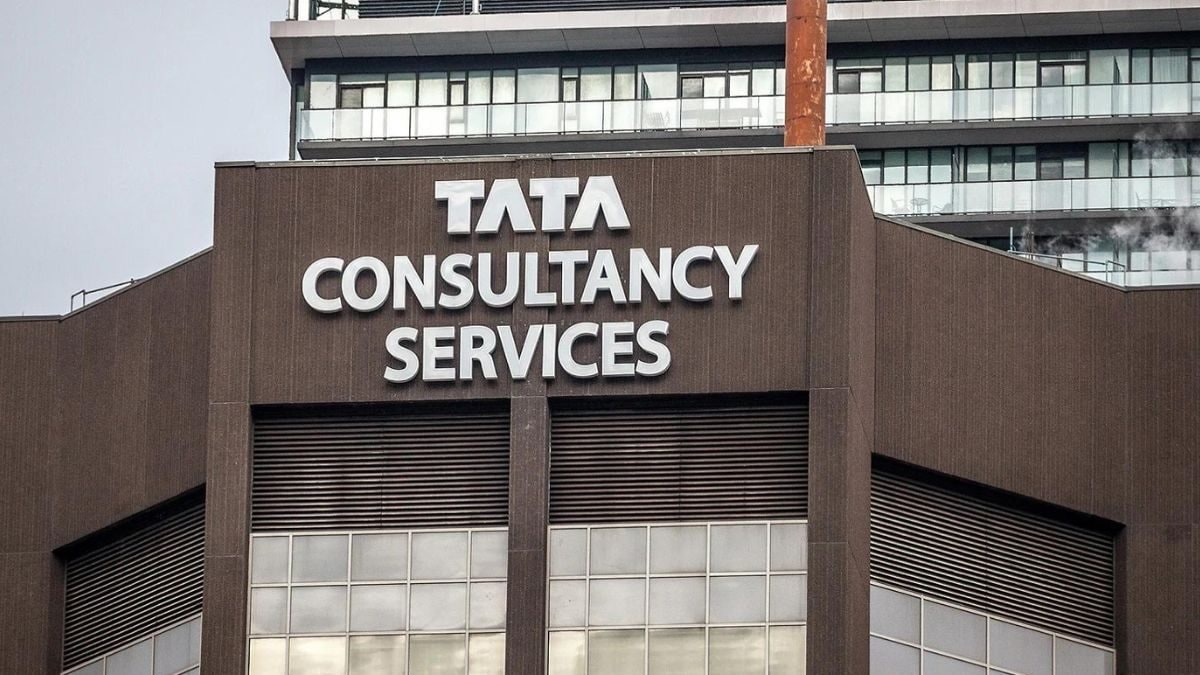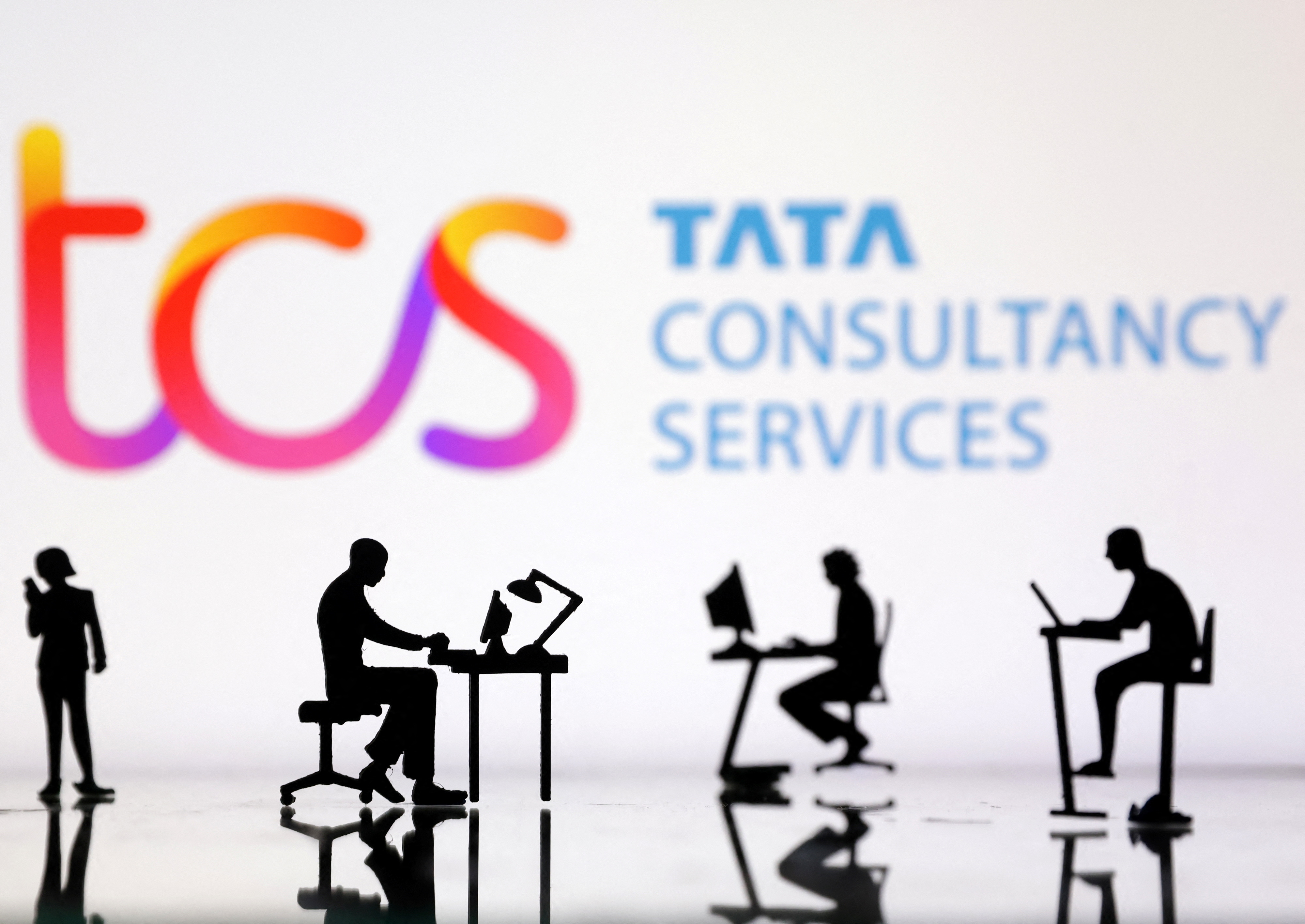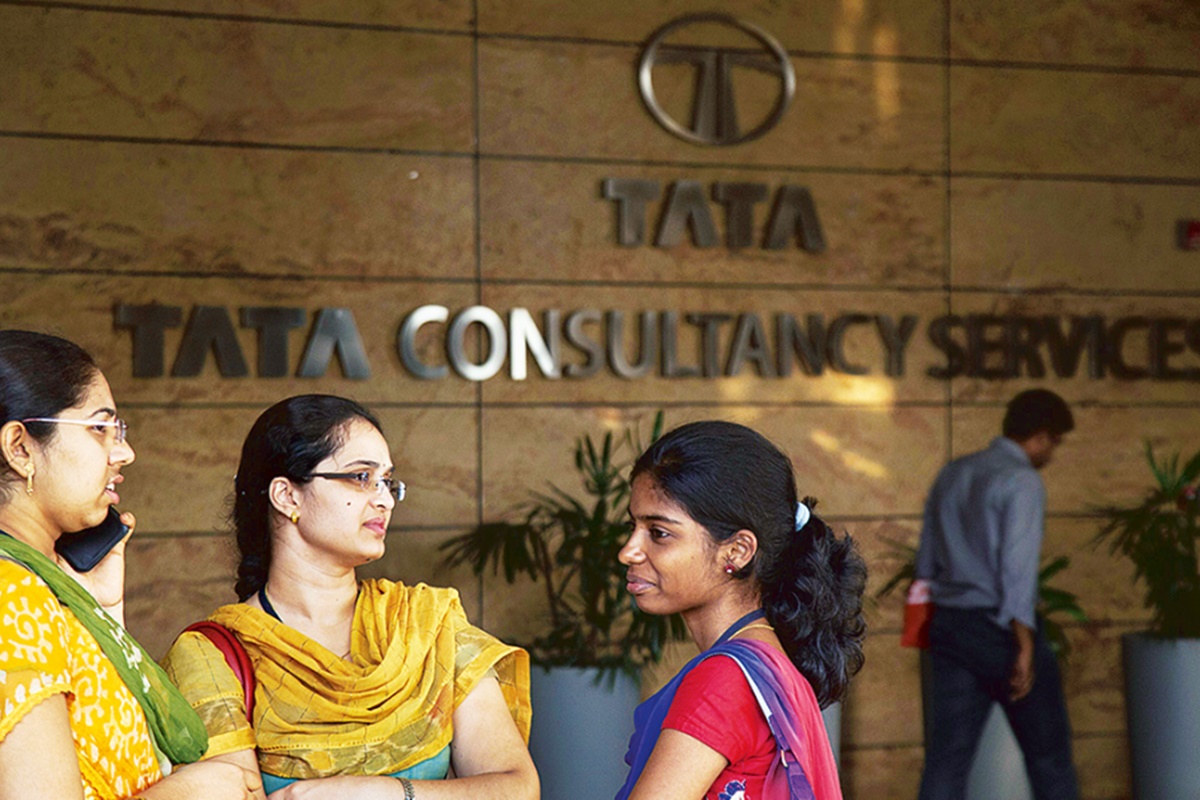Tata Consultancy Services Gives GeM a Facelift in 2023

Tata Consultancy Services Gives GeM a Facelift in 2023
According to a filing with the BSE, the IT giant would upgrade GeM into a cutting-edge public procurement platform to handle the predicted six-fold increase in gross merchandise value (GMV) over the next six years. The Centre has chosen Tata Consultancy Services (TCS) to modernize the Government e-Marketplace (GeM). This platform enables central government departments and ministries to purchase products and services online.
According to a filing with the BSE, the IT giant would upgrade GeM into a cutting-edge public procurement platform to handle the predicted six-fold increase in gross merchandise value (GMV) over the next six years.

The geM was introduced in 2016 by the trade ministry, and a five-year contract for its development and upkeep was given to a commercial consortium in 2018 that included Intellect Design Arena and Infibeam. This year marks the contract’s expiration date. Infibeam stated that the existing GeM contract would “potentially” last for 18 to 24 months or until GeM 2.0 is handed over to the government in an investor presentation document submitted to the BSE on Tuesday.
Infibeam said in May that it had received an email from GeM rejecting its proposal for failing to meet pre-qualification requirements. Additionally, it stated, “The present GeM engagement is for a term of 5 years from the day of its go live and is anticipated to conclude in December 2023. At the end of the first tenure or current engagement, the recent meeting may be extended further for two years under comparable terms and circumstances. The existing arrangement will run until December 2025 if an extension is granted.
According to TCS, the e-marketplace presently manages a GMV of over Rs 2 trillion, acquired by more than 70,000 buyer organizations from more than 6.5 million sellers and service providers, including more than 800,000 medium and small businesses. Even if the existing platform is compelling, expanding it and adapting to changing client and seller demands are architectural problems.
Currently, India accounts for 4.9% of TCS’s total revenue. The government’s most recent contract follows closely on the heels of one that a consortium led by TCS was able to get from BSNL in May of this year. BSNL gave the consortium an advance purchase order for over Rs 15,000 crore to install a 4G network throughout India.

In a noteworthy alliance, Tata Consultancy Services (TCS), one of India’s most revered IT service giants, has taken up the task to revamp and enhance the Government e-Marketplace (GeM), underscoring the government’s commitment to streamline procurement processes and foster transparency. This article delves into the nuances of this partnership, highlighting the changes envisaged and the broader impact on the e-marketplace platform.
Before we dissect the facelift, we must grasp what GeM stands for. Launched by the Indian government, the Government e-Marketplace functions as a one-stop platform for procuring goods and services required by various government departments, organizations, and public sector units. Since its inception, the venue has simplified procedures, brought transparency, and has been instrumental in ensuring timely deliveries and competitive prices.
Like any other digital platform, GeM required periodic upgrades to remain efficient, secure, and user-friendly despite its successes. With the increasing number of vendors, products, and services on the platform and the ever-evolving digital landscape, there was an unmistakable need for a facelift. This need paved the way for collaboration with TCS.
Leveraging its vast experience in crafting digital solutions, TCS introduced a more intuitive and responsive design. The new strategy focuses on streamlining navigation, improving dashboard functionalities, and offering real-time tracking features for users.

The platform can now offer predictive analytics by integrating artificial intelligence (AI) and machine learning (ML), helping departments forecast their requirements and optimize procurement strategies.
In an era of rampant cyber threats, TCS fortified GeM’s security framework, ensuring data integrity and safeguarding sensitive transactional information. A new feedback system has been incorporated to make the platform more interactive, allowing users to provide insights, report bugs, or suggest improvements seamlessly.
By automating the verification processes using AI, the platform can swiftly validate the credentials of new vendors, reducing the onboarding time and ensuring that only genuine sellers are part of the marketplace.
The revamped GeM, under TCS’s expertise, aims to provide a holistic e-marketplace experience. Government departments can now benefit from quicker procurement cycles, reduced paperwork, and better vendor comparisons. The platform promises vendors more comprehensive visibility, easier onboarding processes, and a more transparent bidding system.
Moreover, by adopting global best practices and ensuring the platform remains state-of-the-art, GeM can attract global vendors, making it a hub for international government procurements.

The collaboration between the Indian government and TCS to revamp GeM underscores a pivotal step in India’s digital evolution journey. While enhancing operational efficiencies, this facelift also signals the country’s vision of creating robust, transparent, and world-class digital infrastructures. As the platform continues to evolve, it will be intriguing to witness how it shapes the future of government procurements in India.




